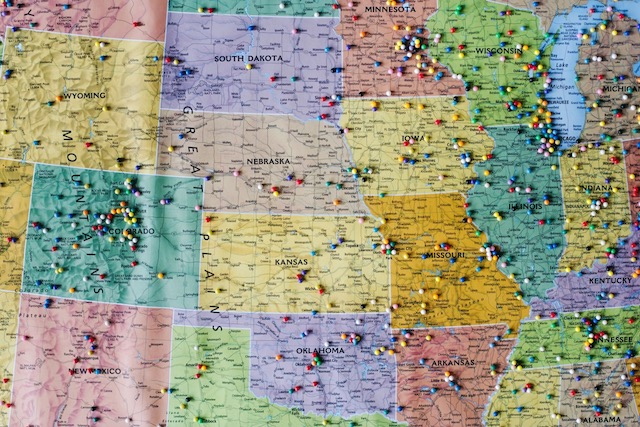Software as a service (SaaS) is a model where software is hosted in one place but licensed by subscription for use by customers. TaxJar, for example, is a SaaS-based business.
In many states, professional services are not taxable. However, SaaS is not a traditional service, which makes it difficult for states to classify for sales tax purposes. SaaS businesses must protect their financial bottom line and their professional reputation, and they must understand their sales tax obligation in every state in which they offer sales.
Every state has its own sales tax guidelines for SaaS. Some states consider SaaS a service. If services are taxable in a state, then SaaS also is subject to sales tax.
In most states, where services aren’t taxable, SaaS also isn’t taxable. Other states, like Washington, consider SaaS to be an example of tangible software and thus taxable.
SaaS businesses may find these laws slightly hard to follow. When trying to understand software as a service sales tax obligations, businesses can use TaxJar to simplify the details. TaxJar has compiled all SaaS-related state sales tax laws to help your SaaS business understand if it is necessary to apply for a sales tax permit to collect and remit sales taxes in each state.
Important note: Some of the sources listed here are based on letter rulings, which are interpretations of existing law made by states when the law doesn’t specifically cover an issue. As more states update their sales tax guidelines to incorporate new business services like SaaS, resources from TaxJar will also be updated.
State guidelines for sales tax on software as a service
Use the table below to determine which states require businesses to charge sales tax on software as a service (SaaS).
Note: Some of the source links direct to extensive state laws and statutes. To bypass any irrelevant information on these pages, search for “computer,” “computing,” or “software” to find the pertinent details of these state codes and laws.
The TaxJar API handles SaaS taxability
If you’re a SaaS provider, use the TaxJar API to assign a product tax code to the products you sell. When you assign this product tax code to the SaaS services you sell, the TaxJar API automatically charges your customer the applicable amount of sales tax depending on that state’s SaaS sales tax laws. Ready to stop guessing that you’re charging the right rates and automate sales tax? Learn more about TaxJar and get started.
Subscribe to our free sales tax newsletter
Sales tax is complex, and always changing. But staying up to date on sales tax news is crucial for businesses. Sign up to stay on top of changes that can impact your sales tax compliance.
Sign upIf you need to manage your SaaS tax compliance globally, Stripe Tax might be a good fit for your business. TaxJar was acquired by Stripe in 2021 to to accelerate the future of commerce and compliance. Available in over 50 countries, Stripe Tax enables you to automatically calculate and collect the right amount of tax based on where you are registered, where your customers are located, and what you are selling. Stripe Tax also helps you monitor your obligations and provides reporting for filing and remittance. Learn more about Stripe Tax here.



